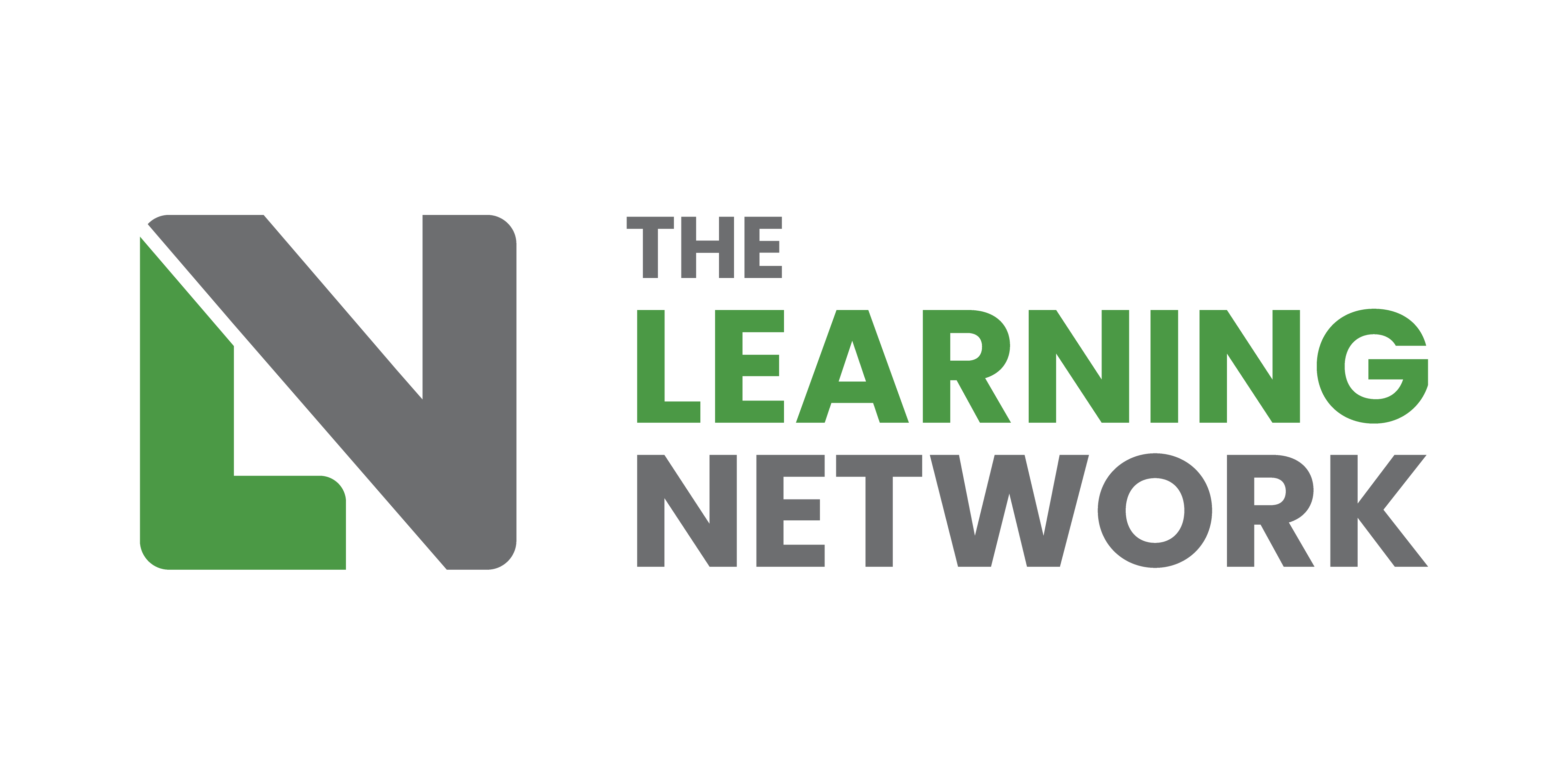‘The future of work’: how will technology make an impact?
Change is a word that produces feelings of unease for businesses but, as we move into the future, it is becoming inevitable. Technology is making more of an impact than ever, as there are an abundance of emerging technologies that will be making a difference to the three main elements of an organisation: the people, the processes and the culture.
Some of the main changes to expect involve artificial intelligence (AI). The implementation of AI will transform the way businesses operate, creating more comprehensive methods while moving away from traditional data science and machine learning models. AI will also make an appearance within the learning culture of workplaces, making digital learning more effective through personalisation.
Furthermore, workplace dynamics are beginning to shift, as working remotely is becoming a more desirable option for employees. Advancements in communication technology mean employees can collaborate with ease from their homes. A survey by Buffer found that 90% of current remote workers plan on working remotely for the rest of their careers, demonstrating that this is a trend that employers need to actively prepared for.
Successfully adapting to organisational change
This places a large responsibility onto specific roles within a business, such as Learning and Development consultants, as their main role is to help prepare for and adapt to organisational change. A proven way to help individuals to transition from their current state to a desired one is building a strong learning culture within the work environment.
In a fast-changing environment, skills either become extremely valuable or completely outdated. Therefore, it’s imperative to keep learning and to build a culture of personal development – this will help employees become prepared and not feel disrupted by change.
Step 1: technology can be used to your advantage!
Providing initial training and coaching sessions in order to onboard employees to new company processes will make a significant impact, as opposed to throwing them into the deep end. For example, weekly workshops and role play sessions may be most effective in a contact centre, as it places the employee’s in real life scenarios and they can receive feedback instantly. Embracing technology can enhance this further through creating a blended learning approach and reinforcing classroom activities. It’s important for employees to know how they can use the technology to their benefit and to have autonomy over their own learning, improving engagement.
Step 2: make learning accessible
On demand performance support tools ensure just-in-time learning is delivered at the right moment, and that learning content that is required by the employees is easily discoverable. This could be an e-learning platform that includes a media library, which hosts product knowledge resources that retail sales assistants, for example, can use to develop their knowledge.
Having this available on mobile makes it easier for employees to retain more information and make suggestions for customers. Having learning tools like this readily available means knowledge gaps can be closed and employee training becomes continual, as opposed to a one-off event.
Step 3: offer the right rewards
Another factor to consider with organisational change is employee engagement – when change occurs, organisations may find that engagement shifts and decreases, especially if employees don’t feel prepared. This can have a negative effect on morale and the company as a whole. In building a strong learning culture within the workplace, gamification and incentives can be incorporated into this – earning rewards for learning makes employees feel valued and, as a result, motivated to achieve more.
Incentivising online training and using assessments is the most common approach – for example, the sales person who achieves the highest assessment score that month earns a bonus discount on store products. This way, the organisation knows that employees are working hard to retain the right knowledge and they are rewarding the right people!
Embrace a culture of learning and technology
Ingraining learning into company gives employees the opportunity to educate themselves, keeping their skills current and demonstrating their initiative for personal development, making them visible candidates for job progression. This also adds value to the entire organisation if they are able to profit from the work employees are completing.
When change occurs within an organisation, there will always be initial problems. Panicking is counterproductive for both the company and its employees; therefore, it’s imperative to be prepared for any future circumstances. Embracing emerging technologies and creating an environment where learning is encouraged, can help overcome this. Utilising the benefits of digital training to help build a stronger learning culture and upskill employees will help them master skills that are required for any change.
Cassie Walker
Marketing Assistant
Wranx



